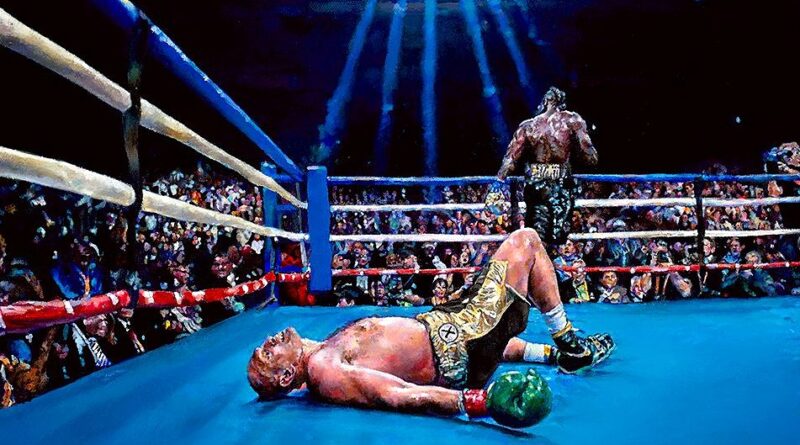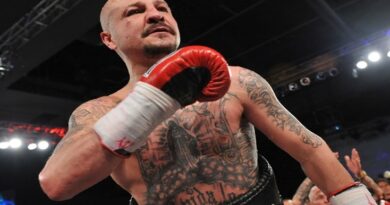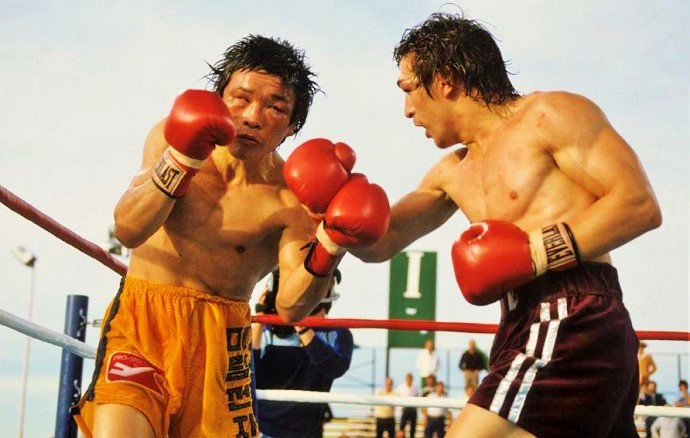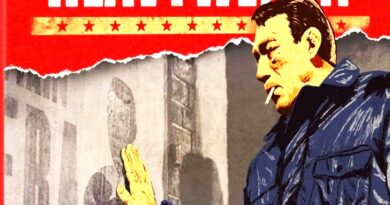The Last Bell
While reading Donald McRae’s latest book on boxing, The Last Bell, I was reminded of a quote by Joyce Carol Oates: “Life is like boxing, but boxing is only like boxing.”
Throughout The Last Bell, McRae explores parallels between recent events in boxing and those of his own life. Unfortunately, a lot of that has to do with death. There are stages in everyone’s life where death takes a prominent role, and similarly there are periods in boxing where the darkest element of pugilism comes forward and compels fans to confront the reality of a sport both beautiful and brutal.
McRae, though, is more than just a fan of pugilism and in The Last Bell, as he does in so much of his boxing writing, the author gets close to a select few boxers, and those relationships then form the backbone of the book. In this new volume, McRae gives us in-depth conversations with British fighters like Isaac Chamberlain and heavyweight champion Tyson Fury. Both are extraordinary personalities in their own ways. McRae also documents his relationship with Regis Prograis, as the American fighter seeks new heights in his career.
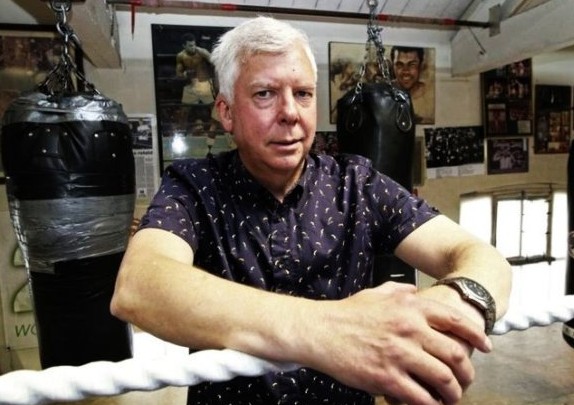
But the real core of this book is Patrick Day. Most boxing fans will recall that Patrick Day died from brain injuries suffered in a knockout loss to Charles Conwell in 2019. However, as Day was not a top contender, most fans probably also forgot about him relatively quickly. But McRae did not. He had interviewed Day, knew him, and after Patrick’s tragic death McRae continued to document the fallout for Day’s family, and the boxing community at large.
This is all in the midst of a tumultuous time both for boxing and for McRae. The events of the book take place between 2018 and 2024, which of course includes the Covid lockdown and fight cards in “the bubble.” More personally, though, in this span of time, McRae’s sister, father, and mother pass away, and the author himself deals with several health issues. All of this compels McRae to confront his own love for a sport with deep layers of corruption and the possibility of ruined lives, along with his personal hurdles—and like so many who love boxing, he keeps coming back for more.
Through it all, McRae sees and revels in the glory and beauty of the sport. He covers some of the great heavyweight champions of the last seven years, including Fury, Deontay Wilder, Anthony Joshua, and Oleksandr Usyk. He talks to the current talisman of boxing, Canelo Alvarez. And he deals at length with the vexing contradictions of such amazing sporting achievement coming from, what McRae has referred to in the past as the “Dark Trade.”
If this all seems paradoxical, or difficult, or like some tangled nest of vines—it is. McRae doesn’t shy away from this. He knows better than anyone the special difficulty that comes with being a boxing fan. And he embraces that, because there’s nothing else one can do. For example, after doing an interview with Conor Benn, McRae writes:
Driving home in the autumn sunshine, I said a small thank you to boxing. It let me down so often, but it still had the capacity to surprise me in new ways. Fighters were special in their willingness to talk about the most upsetting periods in their lives with such candour. They were often loud and brash but, being so used to adversity, they could also show a disarming vulnerability.
Only a few paragraphs later, McRae finds out that Benn has failed a drug test before his fight with Eubank Jr, ruining what should have been a triumphant night for the sport.
As for many of us, it is the human stories that consistently draw McRae back in, even with the corruption, the doping, and the bizarre politics in boxing. In thinking about the interviews he had done, McRae writes:
My interest in, and concern for, Isaac Chamberlain and Regis Prograis took precedence over their more famous contemporaries. I had shared meaningful moments with Canelo Álvarez, Anthony Joshua, Oleksandr Usyk and Tyson Fury, but the fame and wealth of that quartet meant I would never become close to them. It seemed more important than ever that I concentrated on those fighters I knew best and liked most of all.
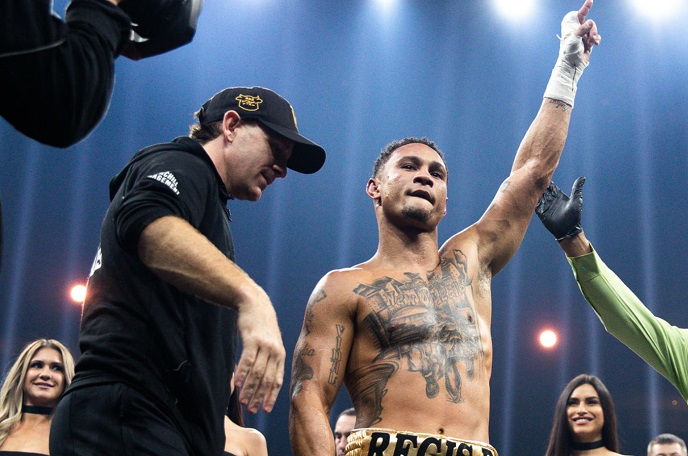
And in a particularly poignant passage, while rehabbing from an injury that was his own memento mori, McRae reflects in a way that shows how boxing sticks with its devotees:
Every Monday, Wednesday and Friday, between 6.30 and 7 a.m., I swam up and down and thought of boxing and this book, of life and death, of Isaac Chamberlain and Regis Prograis, of Tyson Fury and Oleksandr Usyk, of Patrick Day and Ludumo Lamati in hospital in Belfast.
Moments in this book are uplifting, and others are tragic. Sometimes readers will get exactly what they expect, and sometimes they will be shocked. The audience will be given a dozen reasons to never watch boxing again, but then one transcendent moment to remind them why they do.
Life is indeed a lot like boxing. This book is like boxing. And that’s what makes it more than worth reading. –Joshua Isard
Painting by Amanda Kelley

